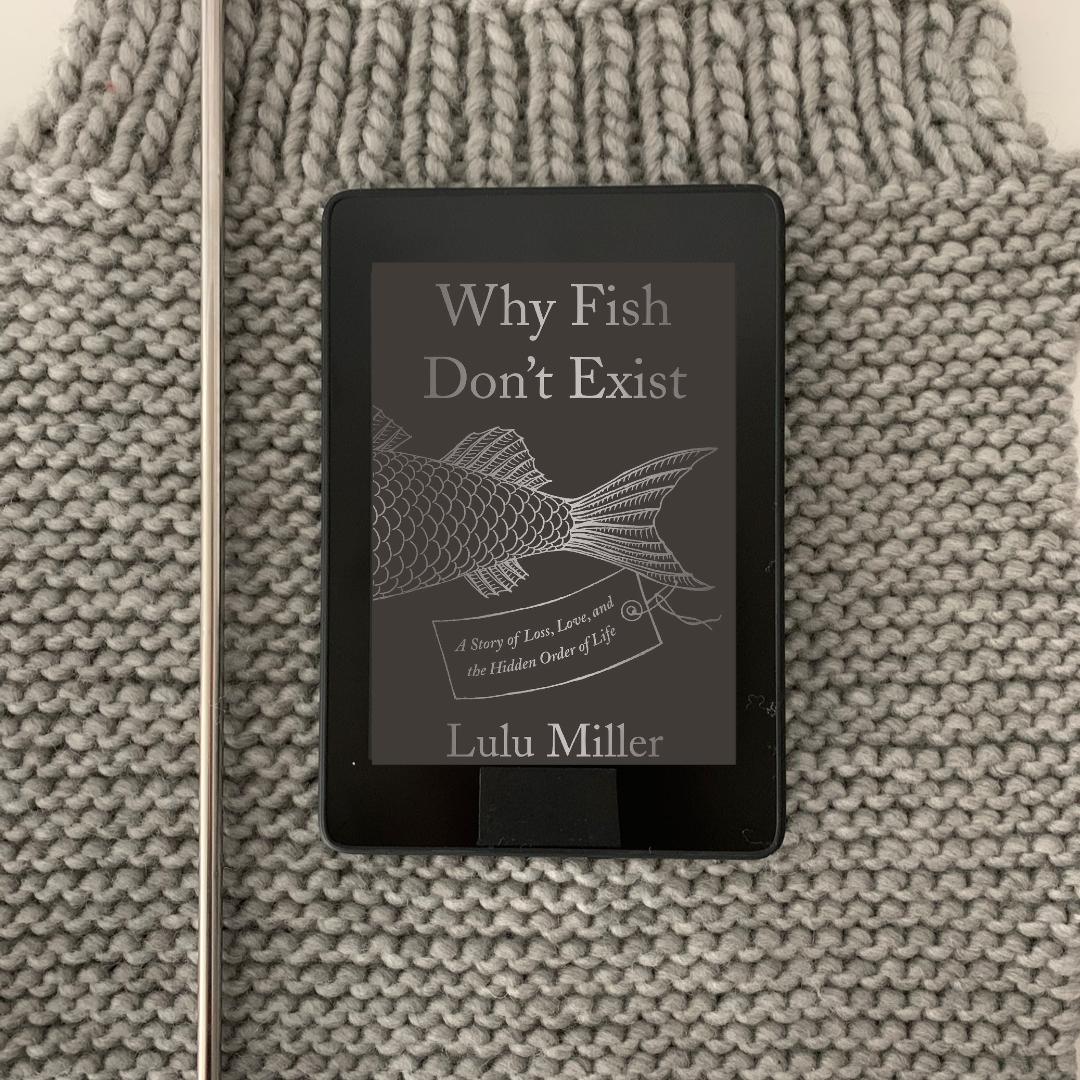
In her debut book Why Fish Don’t Exist, Lulu Miller writes about David Starr Jordan, a taxonomist and the first Stanford University president, who became an influential voice in the early eugenics movement. Miller is interested in Jordan chiefly because of his resilience when unforeseen adversities impacted his personal and professional life. In contemplating Jordan’s hardiness, she tells her story, as she searches for meaning and direction in her own life. She repeatedly refers to Jordan as her ‘guide’ and only discloses Jordan’s history with early eugenics in the book’s final chapters, to which she also seems surprised. Choosing to ‘reveal’ Jordan’s role in the early eugenics movement so late in the book does not work. For one, this information is not a secret. One quick Google search of Jordan would quickly surface this information, and because of this, it seems incredibly unlikely that she didn’t know he was a eugenicist until late in her research. Her sudden surprise and conflicted feelings over Jordan so late in the book feel false and gimmicky. Also, her podcast-like writing style is often incredibly cringy, such as when she writes about “a German guy named Hitler.” The best part of Miller’s book is when she quotes poet and abolitionist John Greenleaf Whittier, reminding us that logical, beautiful prose does still exist outside of Why Fish Don’t Exist.
